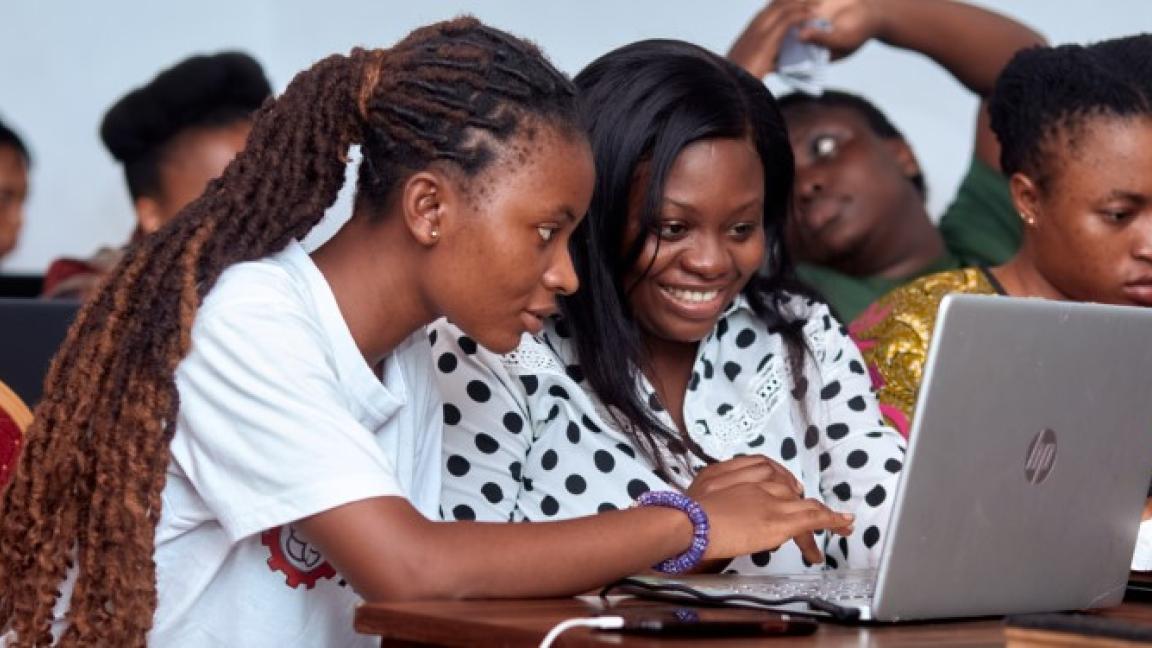The Deutsche Gesellschaft für Internationale Zusammenarbeit (GIZ) GmbH has been working in Rwanda for more than 40 years and has an office in the capital Kigali.
The impact of the 1994 genocide is still felt today in Rwanda. Nevertheless, the country has achieved considerable progress in recent years. Stability, security, steady economic growth and low levels of corruption are some of the key successes. The country is also considered a leader in Africa in environmental protec-tion and climate action, digitalisation and gender equality.
However, in addition to this success, there are also obstacles to development: poverty reduction has lost momentum in recent years. The impact of strong economic growth does not seem broad enough, job creation remains limited, and productivity is low.
The reasons for this are heavy dependence on subsistence farming, low levels of industrialisation and a weak formal private sector. Development is being impeded by inadequate infrastructure, limited access to financial resources and a lack of practice-based learning in the education system.
Furthermore, there is a need to improve the political participation of citizens and civil society in shaping the development agenda, and this is a challenge for the country’s political stability.
Advancing a digital-based knowledge society and economy
In Rwanda, GIZ works primarily on behalf of the German Federal Ministry for Economic Cooperation and Development (BMZ). Core areas include:
- Democracy and the rule of law
- Climate action and environmental protection
- Economic development and employment
In the area of good governance, GIZ is assisting the country in improving its municipal administration. The aim is to make local services more efficient, needs-based and transparent. Selected civil society organisa-tions receive advice and financial support to develop their expertise and organisational capacities.
To secure Rwanda’s future in the long term, GIZ is contributing expertise and knowledge for the transfor-mation of the energy supply, urban development and waste management. At the same time, Rwanda’s natu-ral environment is being protected and climate change tackled.
Work in the field of sustainable economic development aims to reduce unemployment and underemploy-ment and to create better paid jobs. To achieve these goals, GIZ is making companies more competitive, including through product certification, and enhancing the quality of vocational training and its relevance to the labour market. In addition, GIZ provides advice on developing the local pharmaceuticals industry and the production of vaccines.
Rwanda aims to become a digital-based knowledge and service society. GIZ is supporting the digitalisation of administration, promoting start-ups, cutting-edge technology and artificial intelligence and providing train-ing for marginalised population groups in digital knowledge. The Digital Transformation Center Rwanda is a key competence hub.
Rwanda in brief
GIZ local staff
As of: 31.12.2025
- 199 National employees
- 59 International employees
- 17 Development workers
Insights


